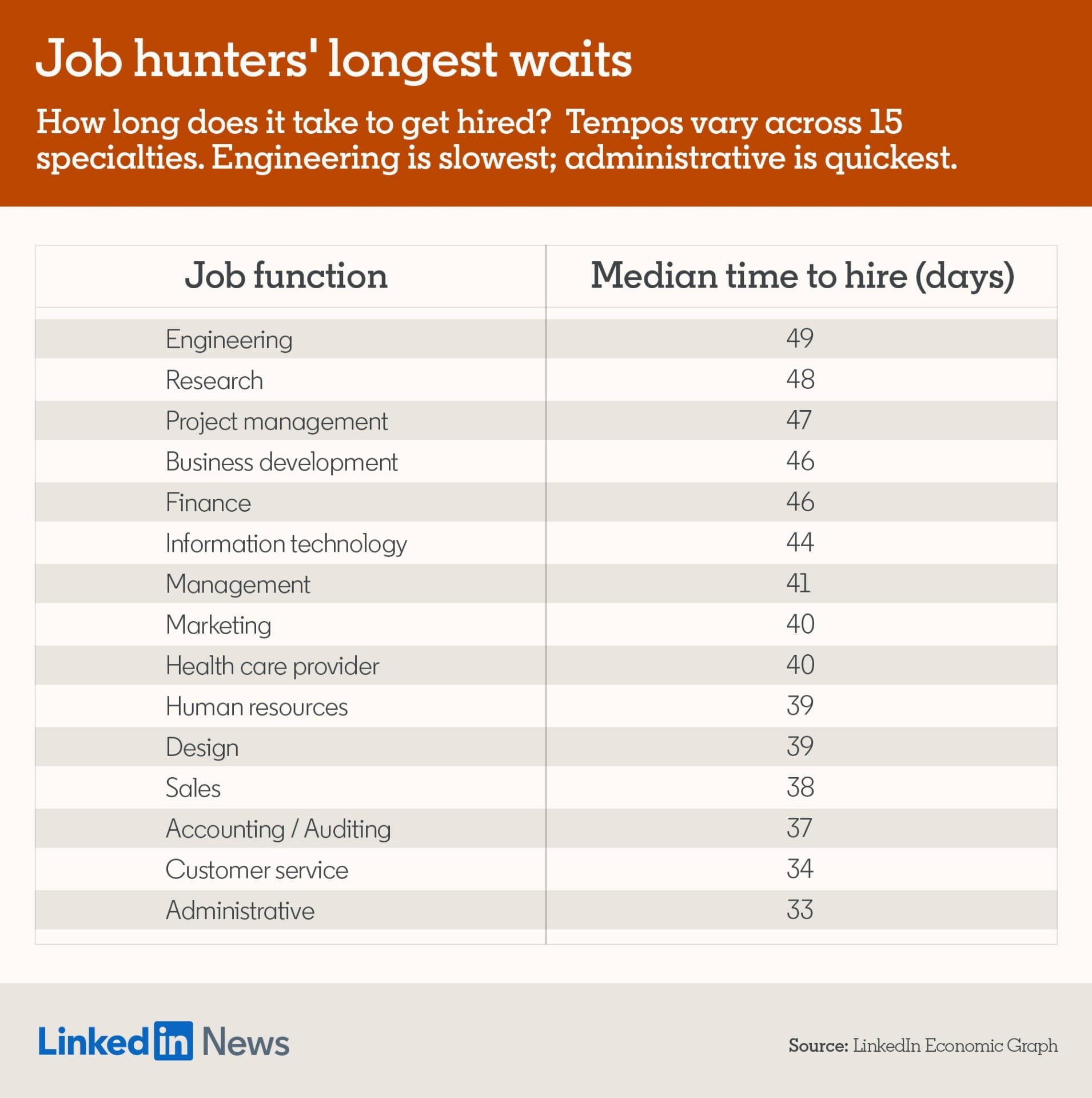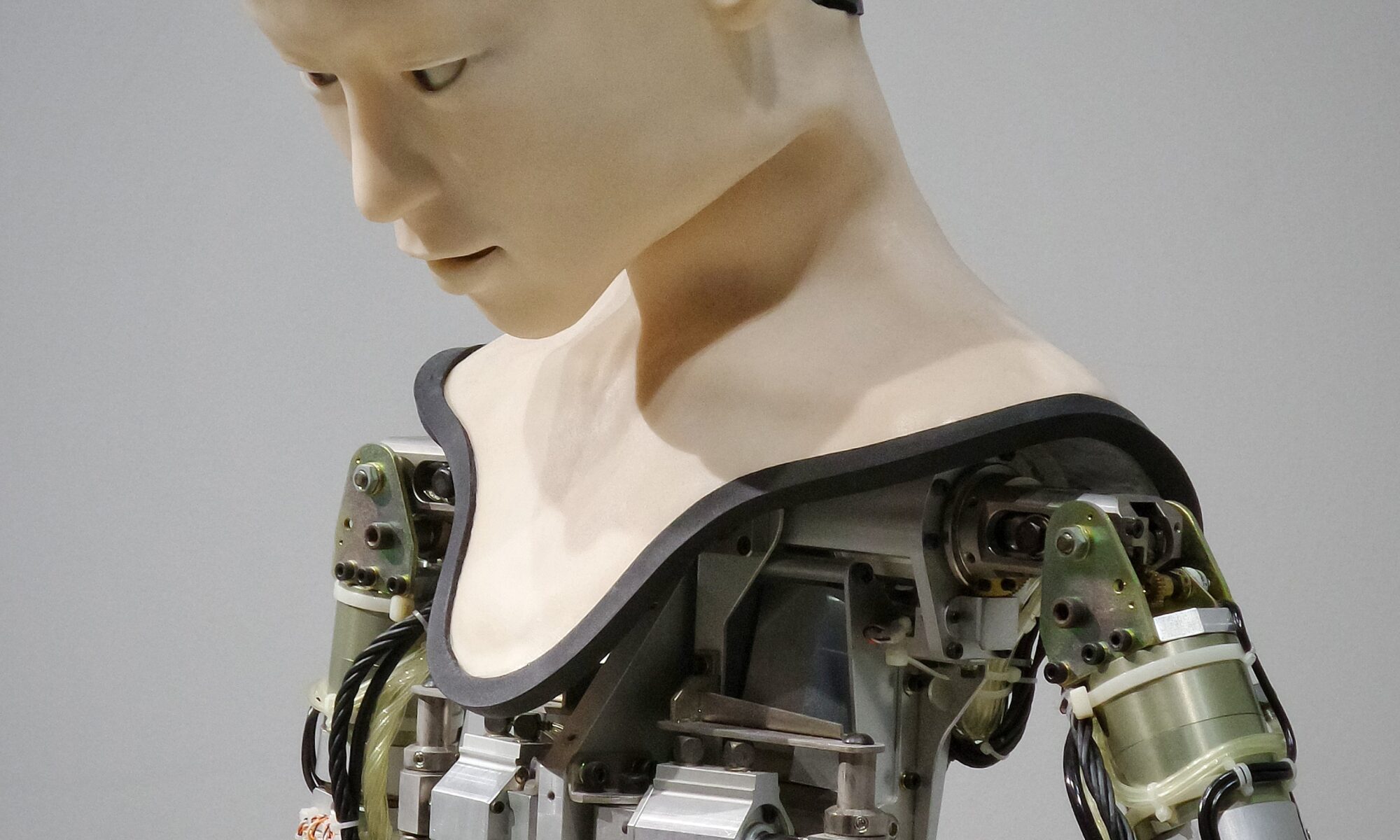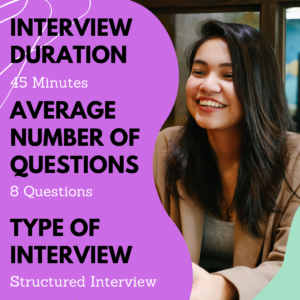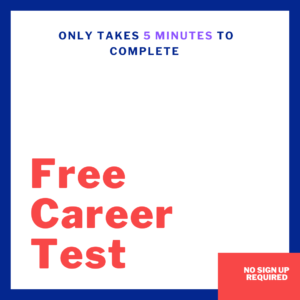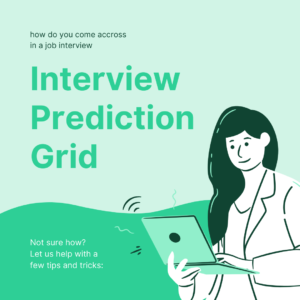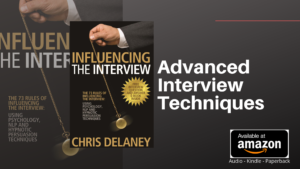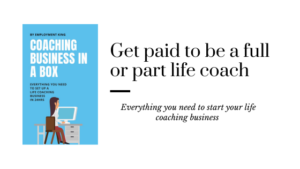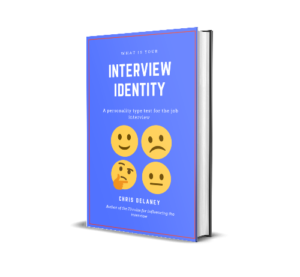In the rapidly evolving landscape of job interviews, the latest craze in recruitment is asynchronous video interviews (AI bot online interviews).
Asynchronous video interviews (AVIs) have emerged as a popular screening method due to the low cost, compared to human intervention, for choosing suitable applicants from the thousands of job seekers that apply for the advertised job role.
This new recruitment technology allows an interviewee to record a live response to, on average , three behavioral-based job interview questions via a video portal.
For the applicant, the advantage is that they are allowed to record their interview answers at their convenience during a short period of two to three days. One applicant might complete their AVI at 09:00 am and another at 3:00 pm. As there is no human intervention from the employer’s side, interviews no longer need to take place during working hours.
However, navigating asynchronous video interviews requires a strategic approach to leave a lasting impression and increase your chances of landing that dream job. In this comprehensive guide, we will explore the ins and outs of asynchronous video interviews and provide valuable tips to help you shine in your next AI Bot online interview.
Understanding Asynchronous Video Interviews
What are Asynchronous Video Interviews?
Asynchronous video interviews is an online video interview with an AI interface. Candidates will open a recruitment webpage, sign in, and, using their video camera, participate in the interview.
The AI bot will, using text or audio, state a job interview question, before allowing a set duration for the applicant to record their interview answer. The duration is around 60-120 seconds.
Once the duration is up for each individual interview question, the AI bot will then move to the next interview question, even if the interviewee hasn’t finished speaking – so preparing and practicing short and succinct interview answers is a must.
Unlike traditional interviews, there is no real-time interaction with a human interviewer, making it more flexible and convenient for candidates.
It is also useful to understand the company’s values, mission, and recent achievements, as well as the responsibilities and requirements of the position. But, at this stage of the recruitment process, the AVI interview questions are normally based on the job role rather than questions around knowing the organization’s history or business objectives.

The Advantages of Asynchronous Video Interviews
Time Flexibility:
Candidates can choose when to record their responses, accommodating their schedules and allowing them to perform at their best. This can be morning, afternoon, or night. During a working day, bank holiday, or weekend, as long as it is within the time frame the employer sets out.
Location Independence:
Asynchronous video interviews eliminate the need for candidates to travel, enabling them to interview from anywhere with a stable internet connection.
Location independence also allows job hunters to attend the AVI even if they are holidaying abroad.
Preparing for an Asynchronous Video Interview
Research the Company and Job Role
Interview preparation is key when attending an AVI.
Begin your preparation by conducting thorough research on the company and the specific job role you are applying for.
Remember, in the main, an AVI is a screening interview. Successful candidates, once they pass the AVI stage will be asked to attend a structured job interview. You can predict what type of interview stages you will be asked to attend here.
Familiarize Yourself with the Technology
Ensure that you are comfortable with the video interview platform and its features.
Prior to the job interview, it is key to test your microphone, camera, and internet connection to avoid technical glitches during the actual interview.
The most important piece of advice to help prepare for an AVI, is to practice online AI interviews. There are many websites that offer free AI mock interviews that give you instant feedback, including one on Linked-in and Google.
As the saying goes practice makes perfect. For candidates who need more specific advice to pass the job interview, you can book an online (human) interview coach.
Create a Suitable Interview Setting
Choose a quiet and well-lit location for recording your responses.
Ensure that the background is free from distractions and presents a professional image.
Close down any other apps to reduce sound interference. An example of this is the ‘ping’ noise you hear when receiving a new email.
Ensure no one will walk into the room unannounced.
Think about the camera frame, ideally, use a shoulder-to-head frame. For more online interview tips click here.
Dress Professionally
Treat an asynchronous video interview like an in-person meeting and dress appropriately.
Wearing professional attire will help you feel more confident and leave a positive impression. Much research has looked at how dressing smart increases confidence.
Even though the AVI AI bot can be programmed to review eye contact, tonality, and even the candidate’s background, in most cases hiring decisions are based on the interview answer, not appearances.
Mastering Your Responses

Analyze the Questions Carefully
To pass any job interview a job applicant needs to follow the three rules for a successful interview.
Rule 1 – identify the job criteria
Rule 2 – be a self-promoter
Rule 3 – communicate with confidence
Read the job profile questions thoroughly and use the essential criteria, and your understanding of the job role, to help predict the potential job interview questions.
By understanding what the employer is looking for, a n interviewee can tailor each response in a self-promoting way.
Use the STAR or SAP Method
For behavioral questions, use the STAR (Situation, Task, Action, Result) or SAP (Situation, Actions, Positive Outcome) method to structure your responses effectively.
These interview answer structures, help applicants to create a concise and compelling story that showcases their abilities and accomplishments.
Having a simple structure during an AVI is important as the interview example is delivered in a logical format, and is easy to prepare and deliver within the set timeframe given for answering each question.
Be Concise and Engaging
As with all communication, be clear and to the point.
Avoid rambling or going off-topic, and reduce the use of filler words, and the number of times you stutter.
Practice diction, to ensure the AVI AI bot can clearly understand the words you are using.
Reviewing and Submitting Your Video Interview
In most cases, the candidate doesn’t have an opportunity to review their answers before submitting them. Some organizations do allow this, if this is the case, carefully review your recorded answers and edit any mistakes or areas for improvement. Ensure that your responses are well-polished and align with the desired message.
When starting the AVI, there is normally a chance for a practice interview question and answer (within the set timeframe) before moving on to the actual interview.
Use the practice session to check the audio, video, and communication issues (filler words etc) and keeping to the interview answer duration.
Follow Submission Guidelines
Adhere to the provided instructions for submitting your video interview. Double-check the deadline and ensure you complete all necessary steps.
Conclusion
By mastering the art of asynchronous video interviews and following the tips outlined in this guide, you can confidently approach your next job interview and increase your chances of landing your dream job.
Embrace the flexibility, leverage your research and preparation, and let your authentic self shine through the lens. Remember the AVI is a screening interview so, in the main, there are no complicated questions.






